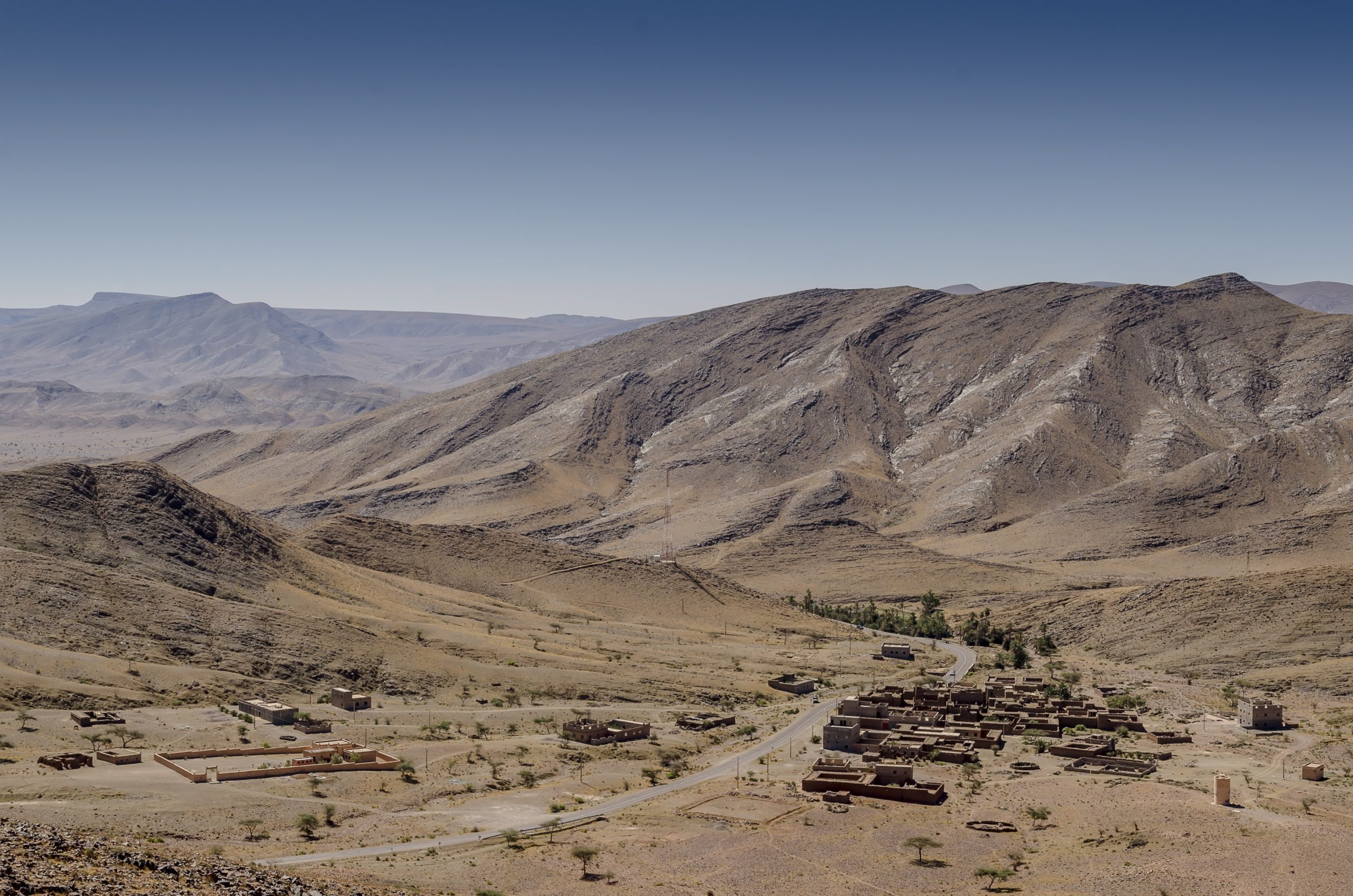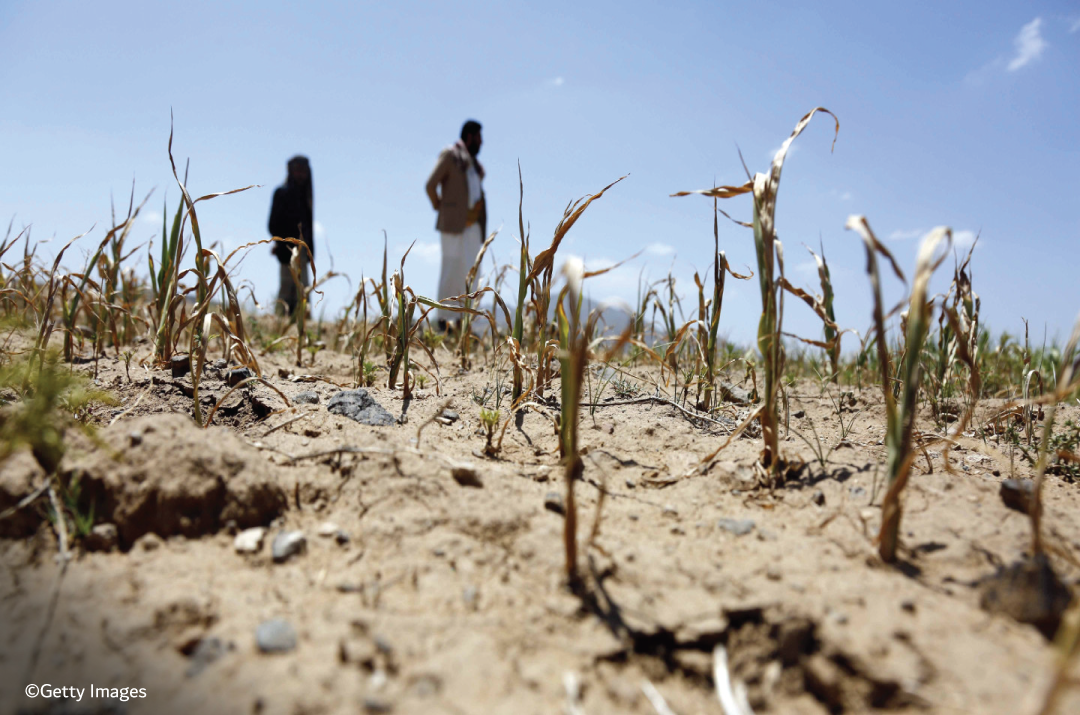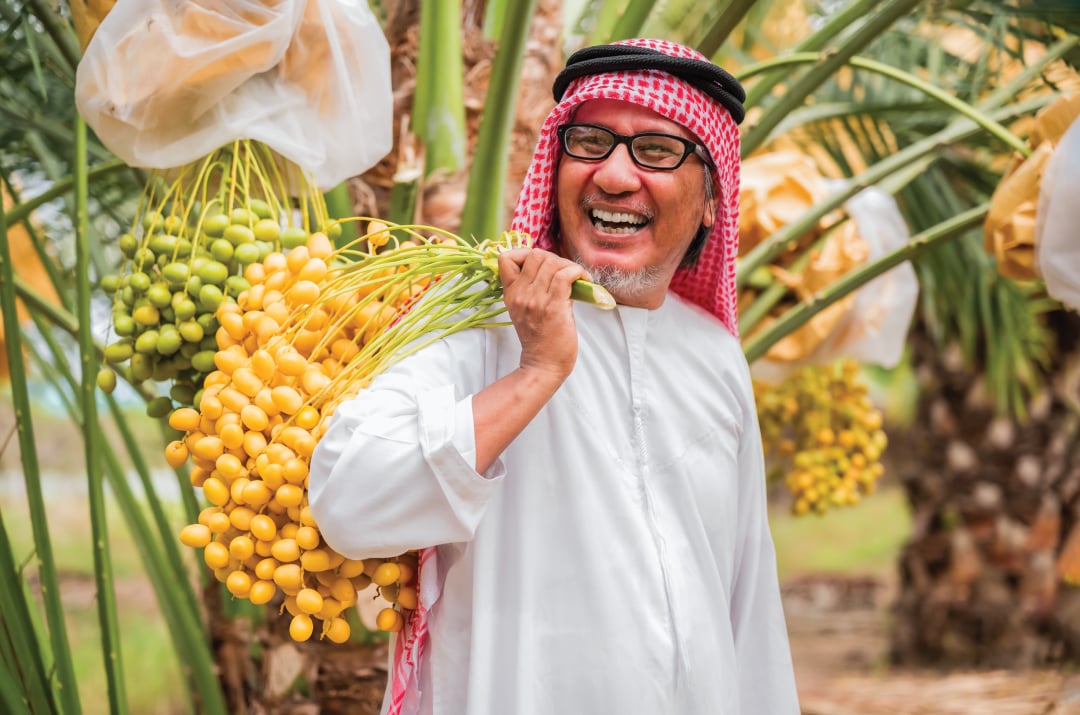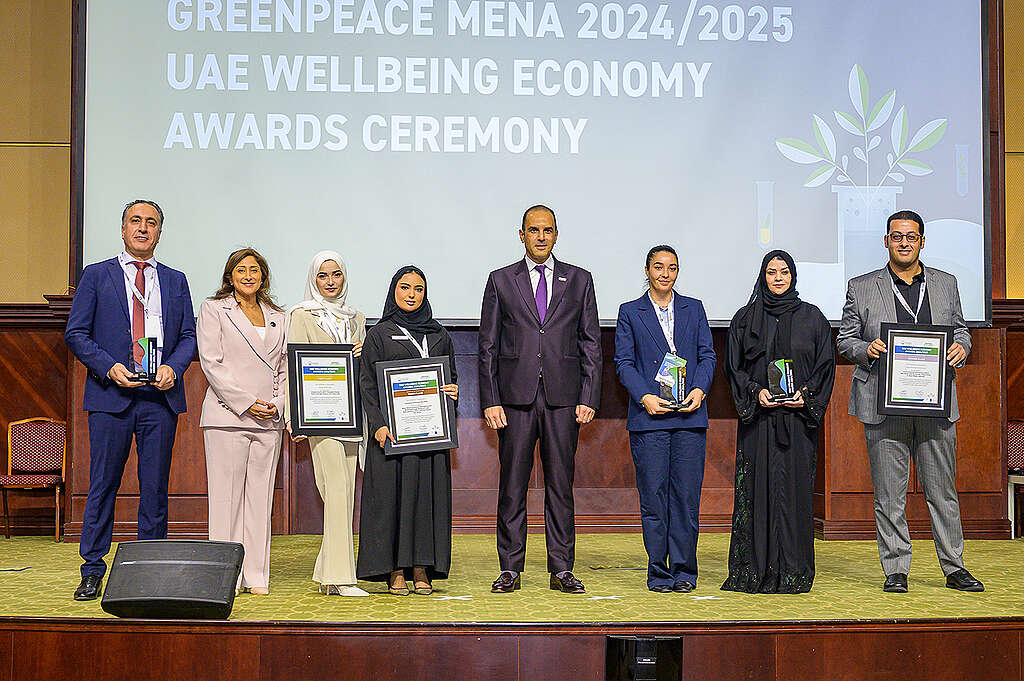
| Redefining Success: How Greenpeace UAE’s Wellbeing Economy Award is Sparking a Movement |
In a world where economic success is often measured by profit margins and GDP growth, a quiet revolution is taking root in the UAE. The Greenpeace UAE Wellbeing Economy Award, now in its second year, isn’t just another competition—it’s a rallying cry for a future where prosperity means more than numbers on a spreadsheet. It’s about people, planet, and purpose.
Why This Award Matters
In 2023, as the UAE prepared to host COP28, a pressing question emerged: How can economic growth serve people and the planet, not just profit?
To answer this question, Greenpeace MENA launched the Wellbeing Economy Award. This wasn’t just another academic contest—it was a challenge to rewrite the rules of progress. The first edition of the award was held in collaboration with Abu Dhabi University. For the second edition, celebrated on 10 April 2025, we partnered with Ajman University and the Universities Climate Network to build on the momentum and continue inspiring student-led visions of a just and sustainable future.
Ghiwa Nakat, the Executive Director of Greenpeace MENA said: “The UAE Wellbeing Economy Award Ceremony is not just a recognition of outstanding research, but a bold call to action. It highlights the UAE’s leadership in creating an environment that prioritizes the sustainability and wellbeing of its citizens and residents.
Traditional economic models, focused solely on growth, have led to inequality, environmental damage, and social challenges. A wellbeing economy offers a powerful alternative, redefining prosperity to prioritize the quality of life, social equity, and the sustainability of the planet. The UAE is now leading the way!”
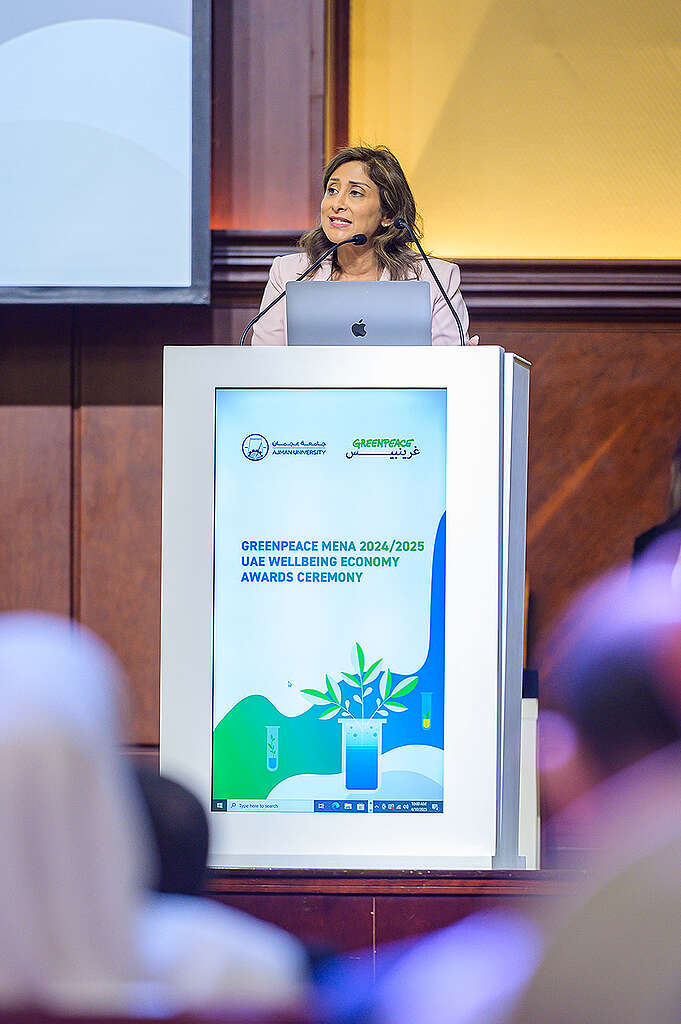
The award challenges students and researchers to rethink what “progress” looks like. As the world prepares to host COP30 in Brazil, this initiative underscores a critical shift: economic systems must serve humanity, not the other way around.
“By collaborating with academic institutions, researchers, and multi-stakeholder partners, we aim to build an economy that values both human and environmental health, shaping a future where sustainability and wellbeing are inseparable.” Nakat adds. “The winning projects prove that sustainability and wellbeing aren’t abstract ideals—they’re achievable, practical, and urgent.”
Who Stepped Up? The Faces of Change
The call went out in the UAE, with an invitation to rethink prosperity. Eligible participants included:
- Undergrad Students
- Independent researchers and Academics
- Government innovators (with real-world policy potential)
A distinguished jury of experts in sustainable economics, education, and policy evaluated the submissions. You can meet the jury members here.
Meet the Changemakers
This year’s winners didn’t just submit papers—they delivered blueprints for a better tomorrow. Their work is already turning heads, from academia to government corridors.
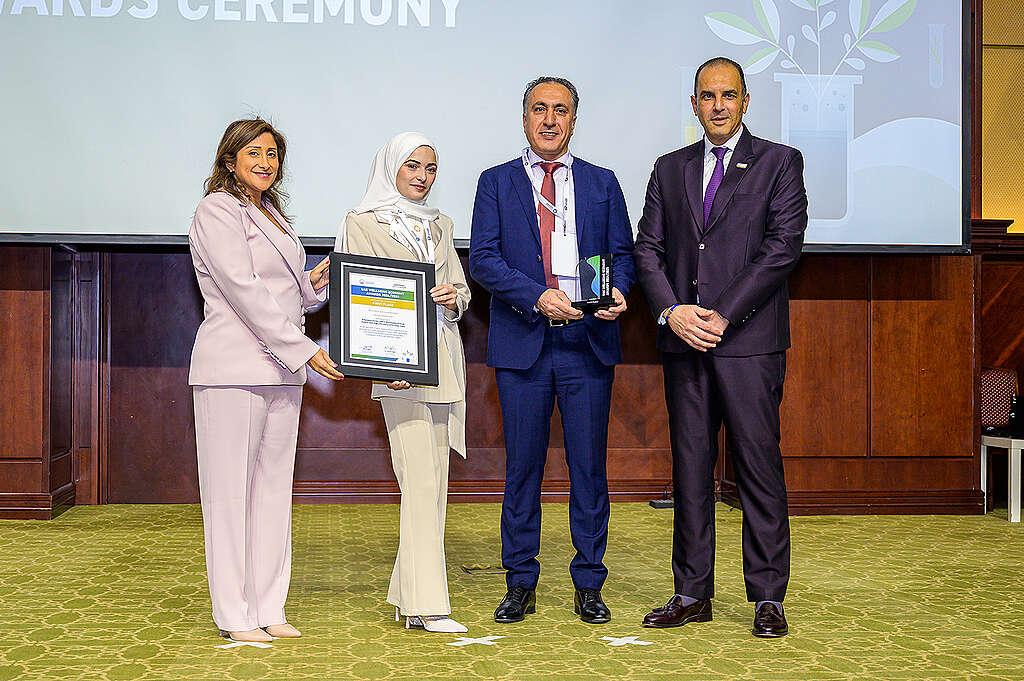
Imagine solar panels so efficient they could power entire communities—affordably. That’s the promise of this breakthrough.
“Winning the Wellbeing Economy Award is a powerful reminder that innovation rooted in sustainability can make real change—our CZTS solar cell project not only supports clean energy goals, but also reflects how young minds can build solutions that protect both people and the planet” , says Bayan.
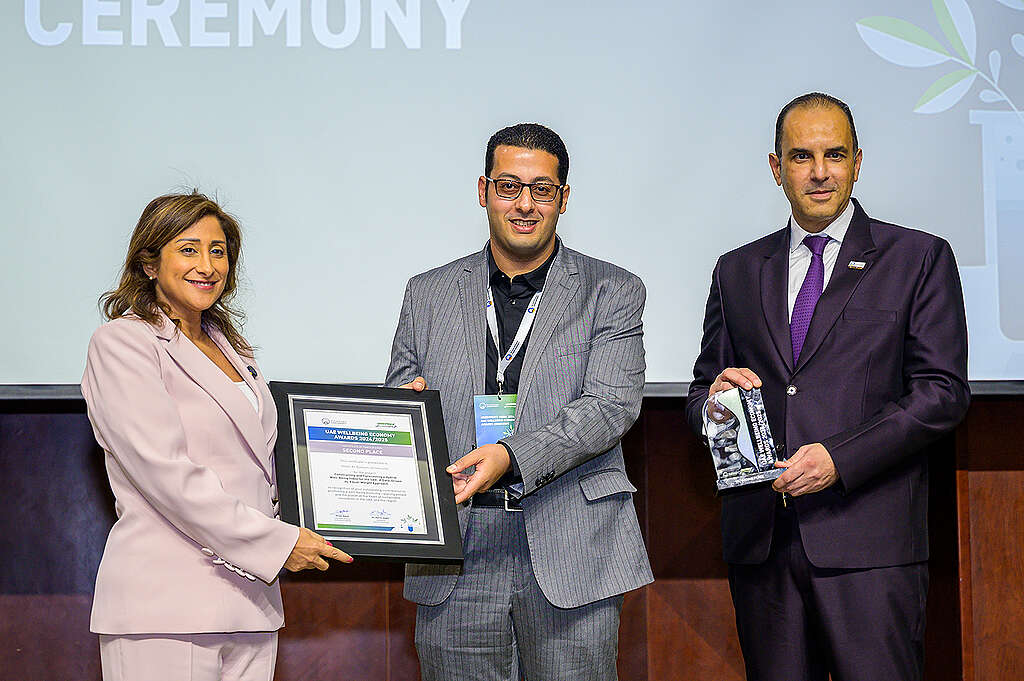
GDP doesn’t measure happiness, health, or environmental resilience. Dr. Elseidia’s smarter model uses indicators to track what truly matters. His goal? Policies that put people first.
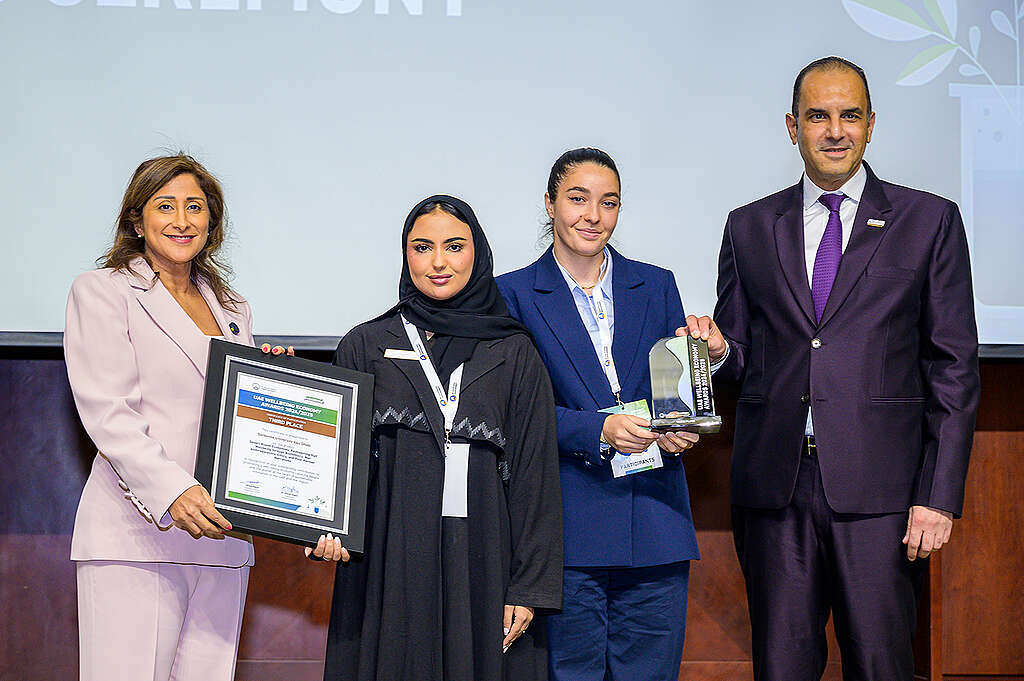
What if economies mimicked ecosystems? This team of undergraduate students drew inspiration from biomimicry and ethics to propose a post-oil future where growth is circular, not extractive.
“Winning the Wellbeing Economy Award for Desert Bloom Economies is not just a recognition, it’s a call to action. It affirms that even in the heart of arid lands, new futures can bloom when we root our economies in care, balance, and non-anthropocentric values”, comments Najla.
The Bigger Picture
The Wellbeing Economy Award isn’t just about accolades. It’s about:
Creating a legacy as the UAE cements its role as a sustainability leader.
Bridging gaps between academia, policymakers, and communities.
Amplifying alternatives and voices often left out of economic debates.
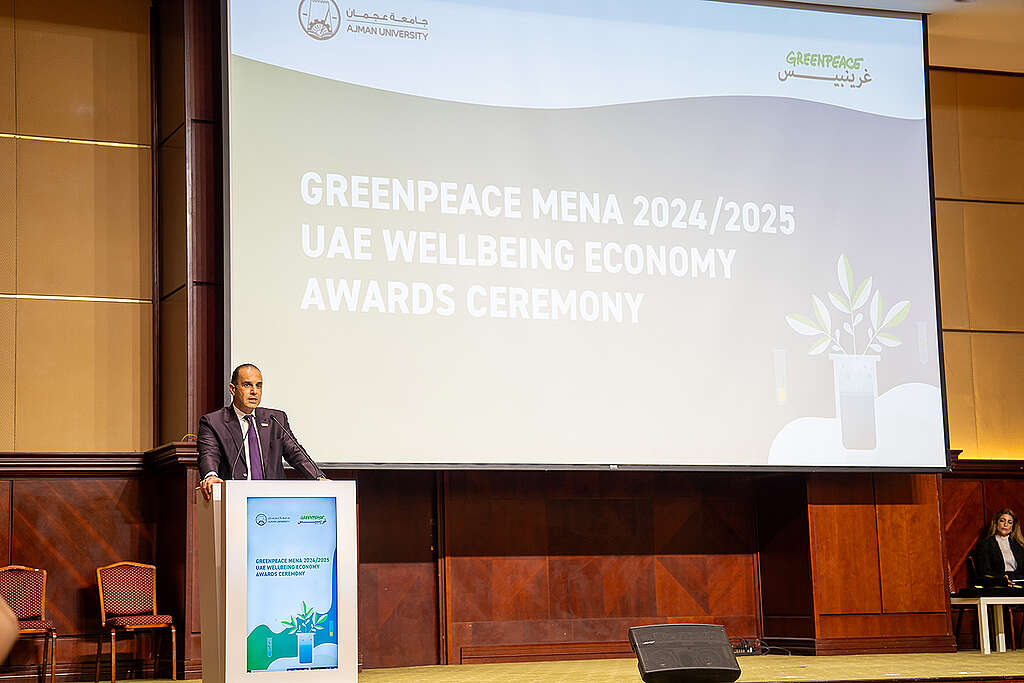
Dr. Karim Seghir, Chancellor of Ajman University, commented: “As a non-profit institution, Ajman University continues to emphasise its commitment to sustainability and innovation. Through this initiative, the University aims to create equitable communities where resources are used efficiently and the fundamental needs of all individuals are met, further reinforcing the symbiotic relationship between economic development, social progress, and environmental stewardship. The Wellbeing Economy Award has empowered our future leaders to take decisive actions toward creating meaningful change while highlighting the critical importance of sustainability.”

Maya Haddad, Head of Operations of UAE Universities Climate Network, stated: “The UAE Wellbeing Economy Award is a crucial step in strengthening the connection between academia and environmental stewardship. The research presented at the event showcases the steadfast dedication of young scholars and professionals who are deeply committed to building a sustainable future.”
What’s Next? Leveraging Innovation for Impact
The momentum doesn’t stop here. Over the coming months, Greenpeace MENA will be working closely with the winning teams to amplify and apply their ideas in real-world contexts. Whether it’s supporting further research, engaging with policymakers, or sparking public conversations, we’re committed to turning these visionary projects into actionable change. Stay tuned as we showcase their journeys and continue building a movement for a wellbeing economy, rooted in justice, care, and collective resilience.
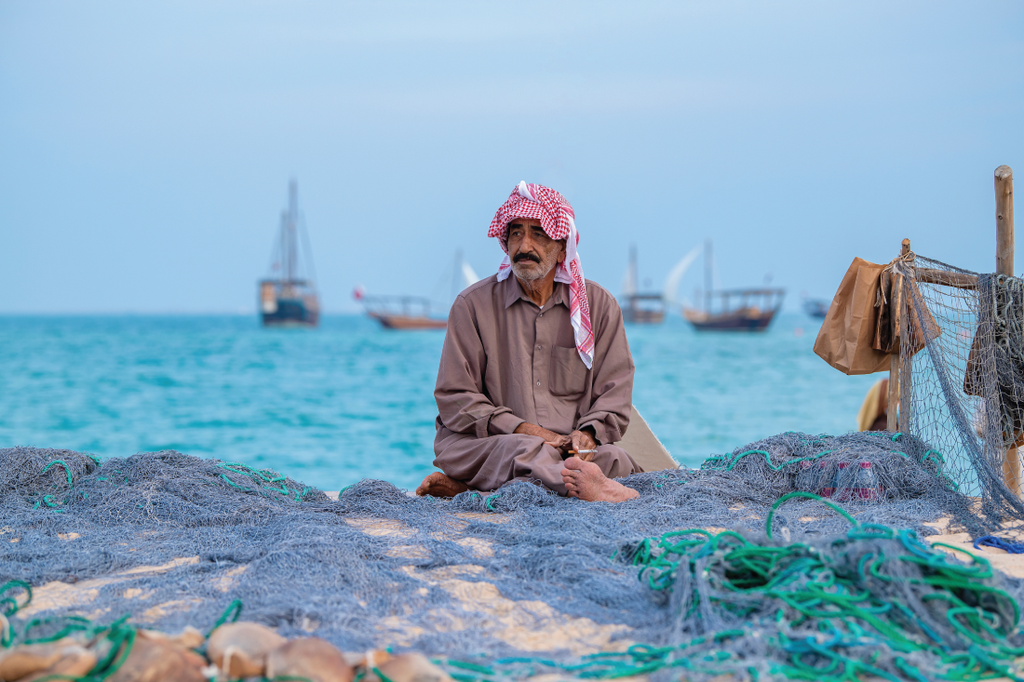
Sign the petition to support a Wellbeing Economy
Join the movement
